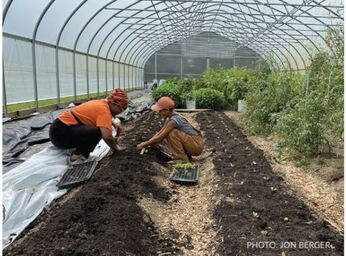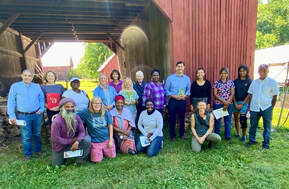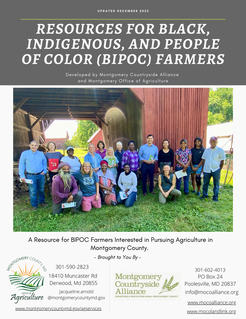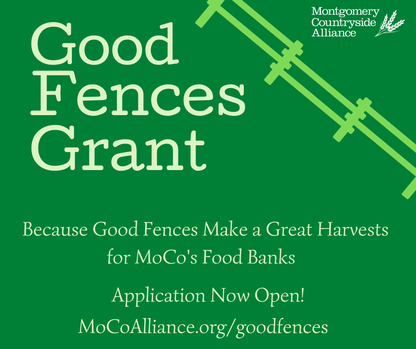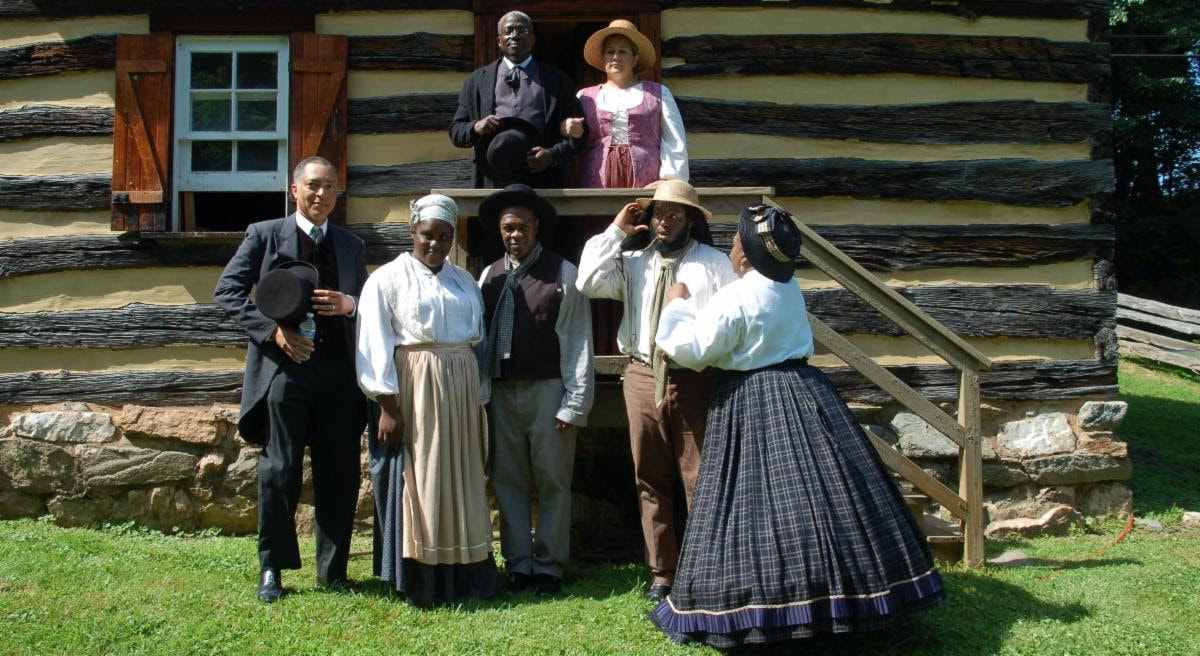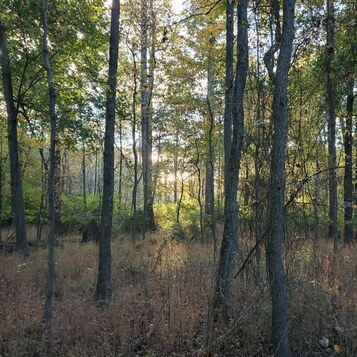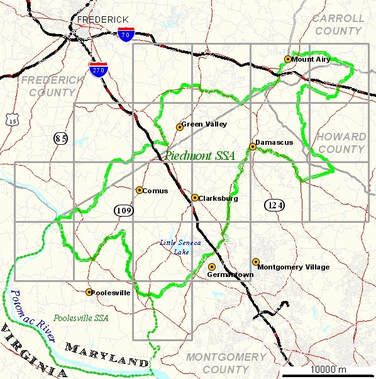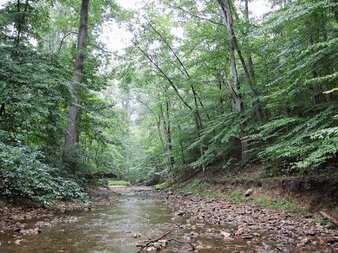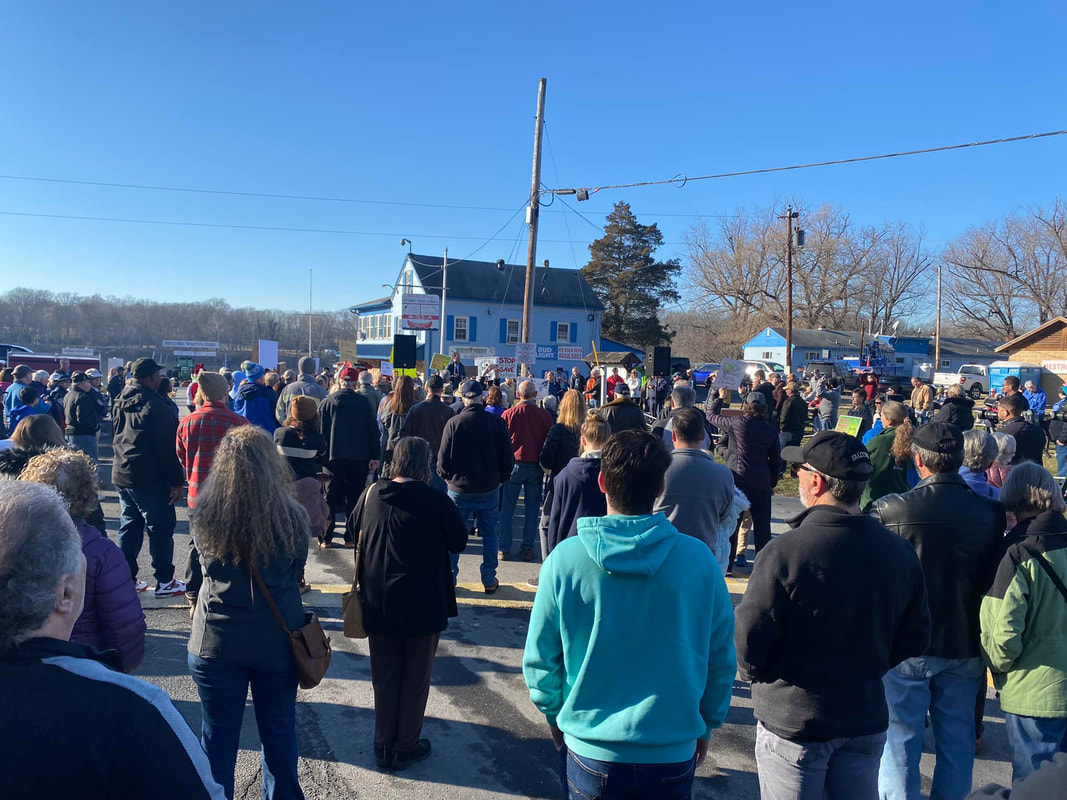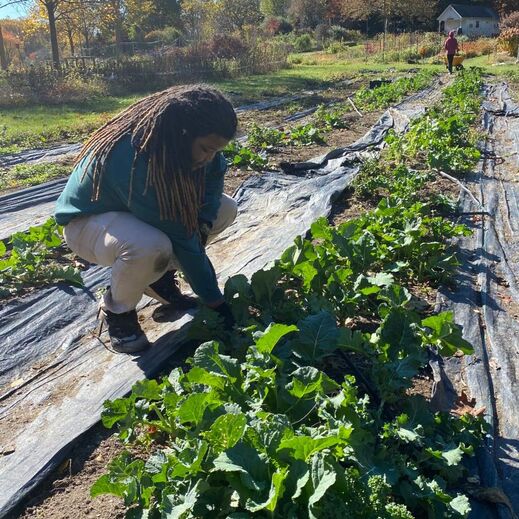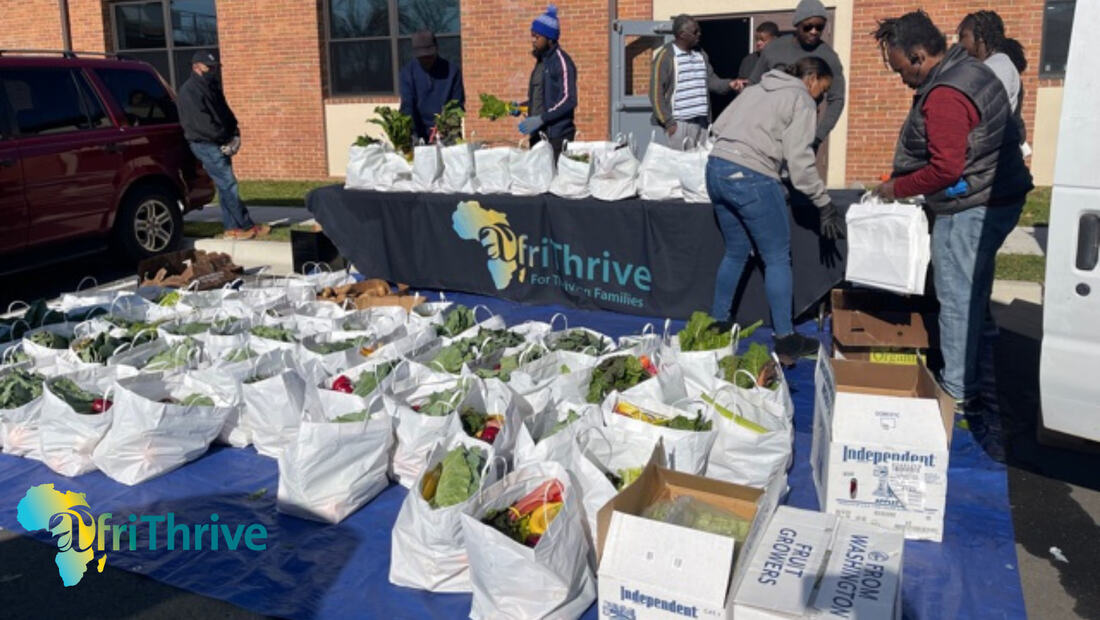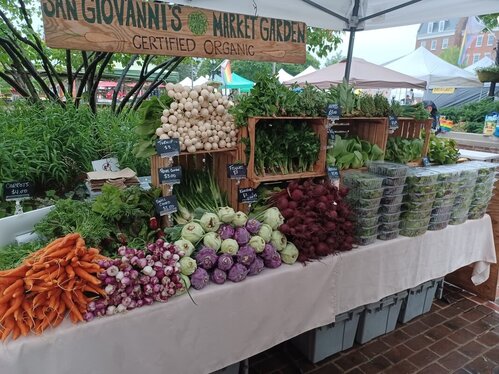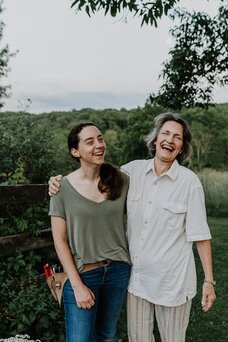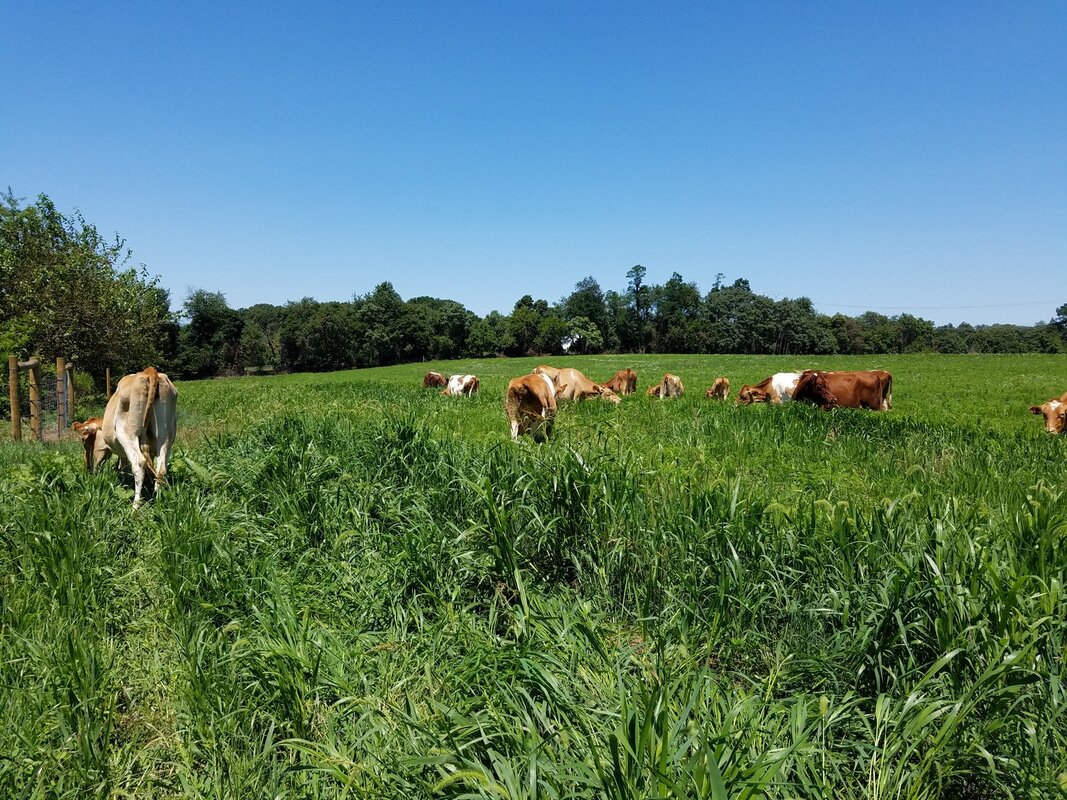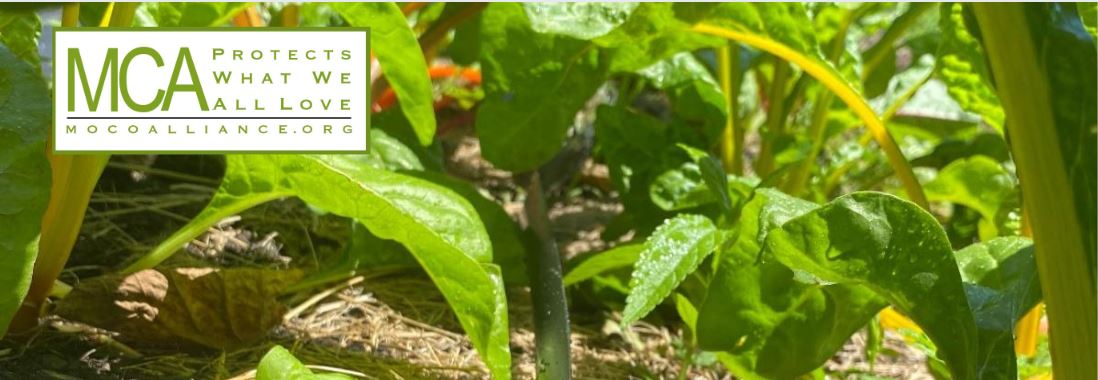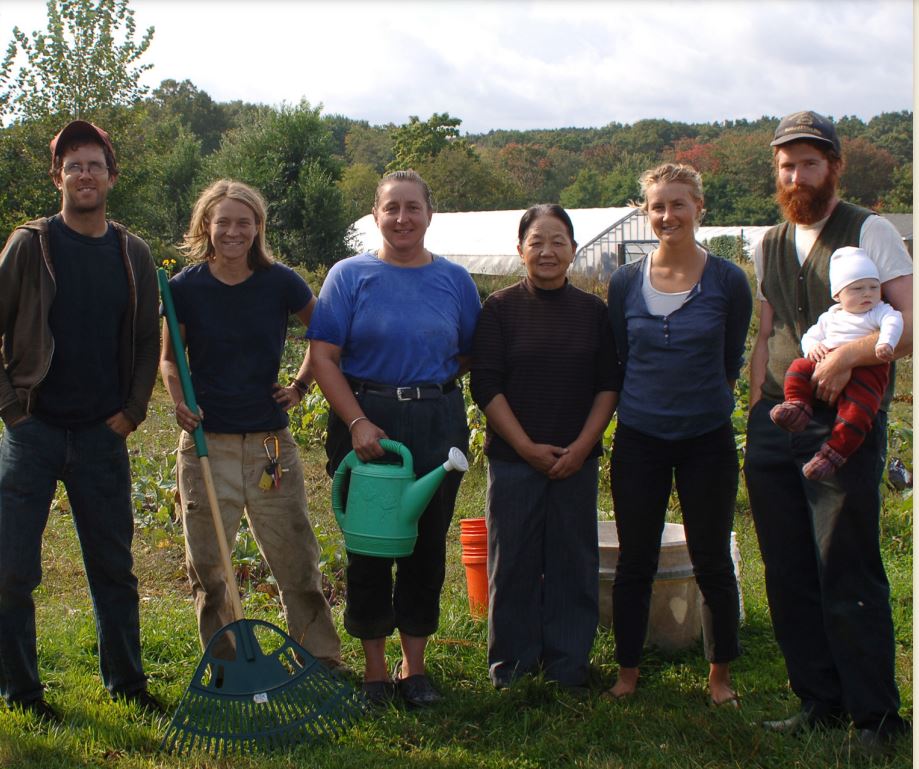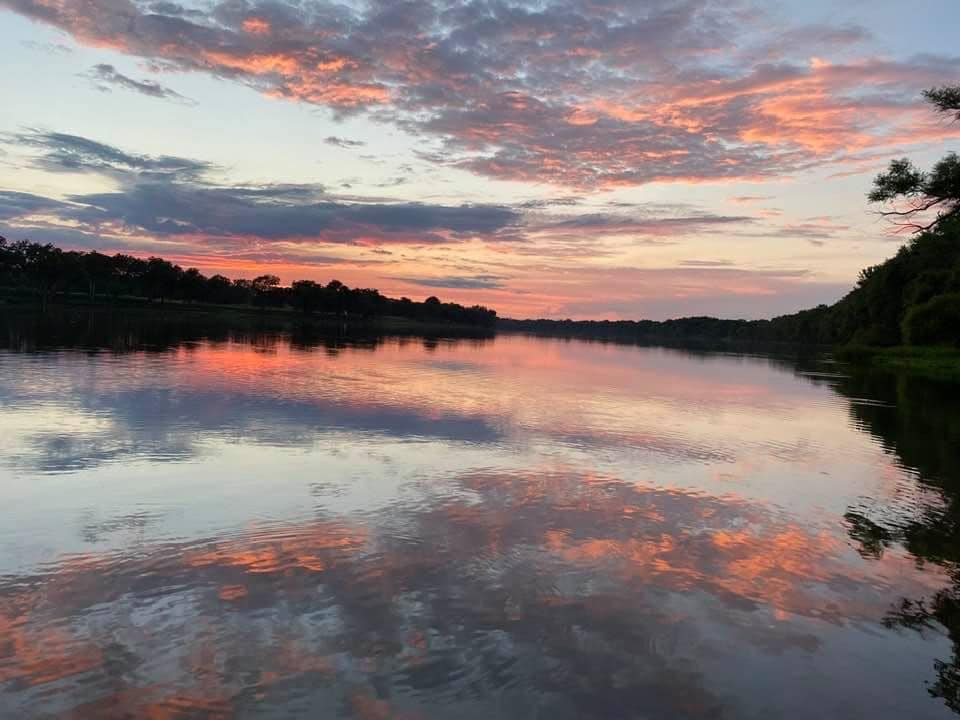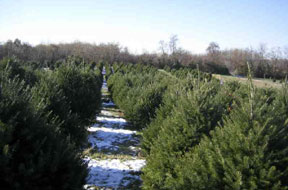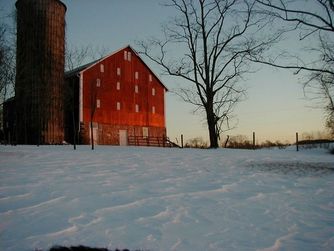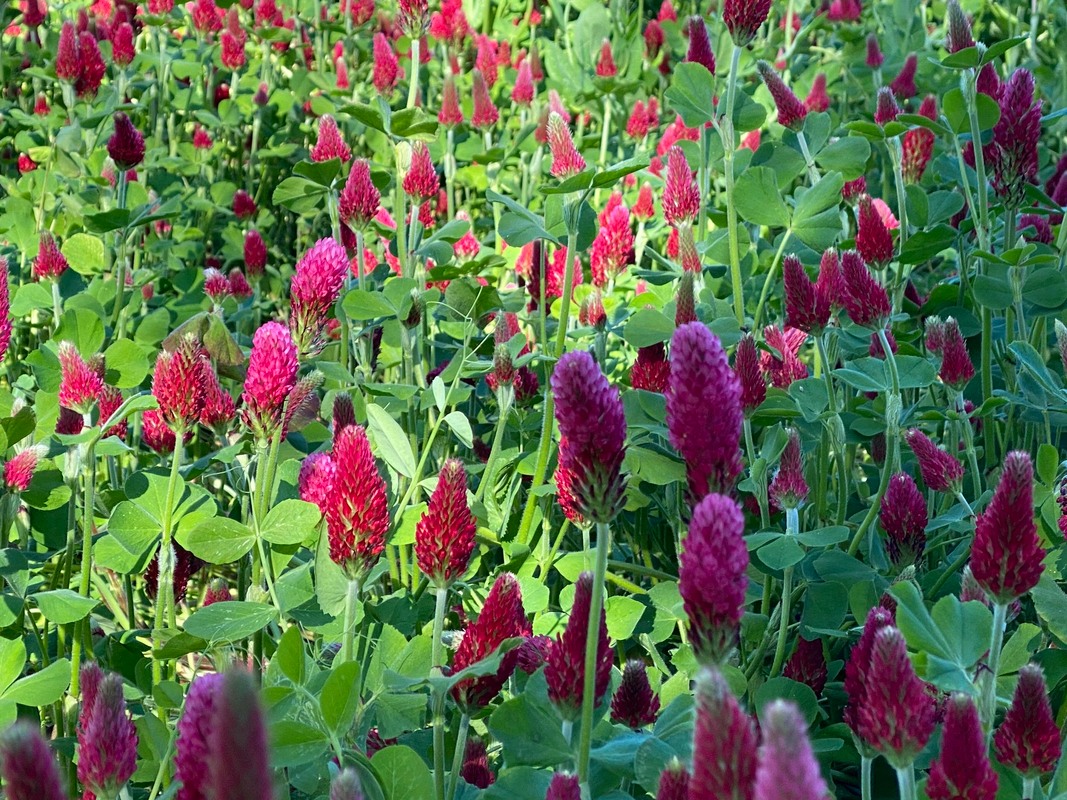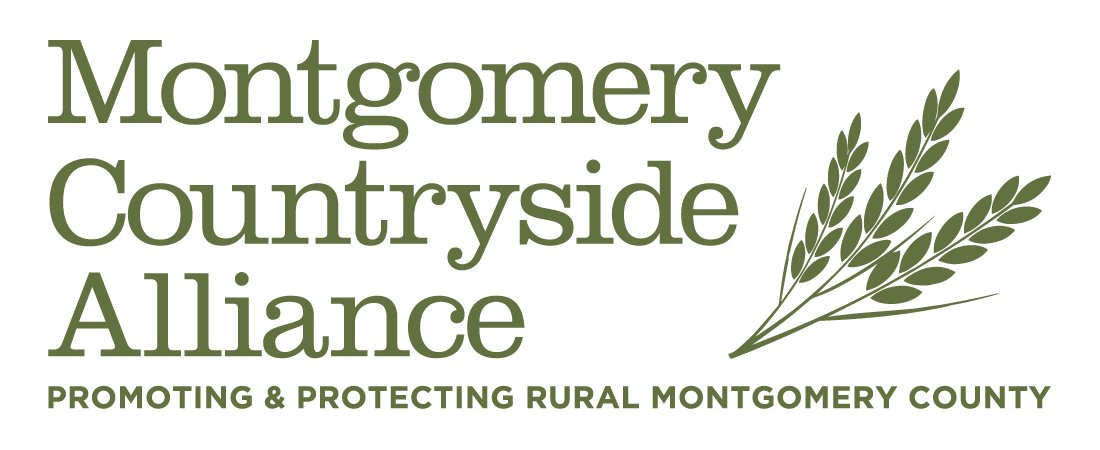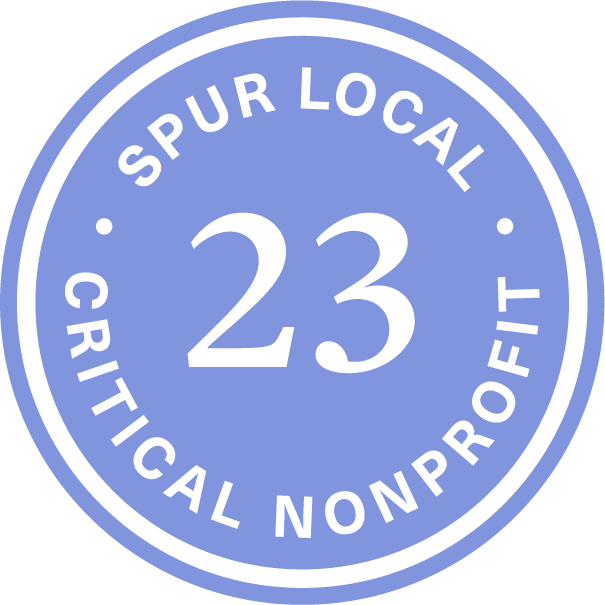Nationally, and in Maryland, the average age of our farmers is just over 59. The nation lost more than 100,000 farms between 2011 and 2018. And though we are fortunate to have family run farms in Montgomery County that will be passed along to the next generation, these do not number nearly enough to address the growing need for local food production.
Moreover, we must provide equitable access to land and resources for skilled diverse new farm businesses. The Agricultural Reserve, at over 90,000 acres, has plenty of room for more farms, and we will all thrive with greater inclusiveness. At MCA, we've been successfully matching farmers with landowners through our Land Link program since 2011 but farmer demand for land far outstrips supply.
It is time for an Montgomery County Farm Incubator - Learn More and Join Us

